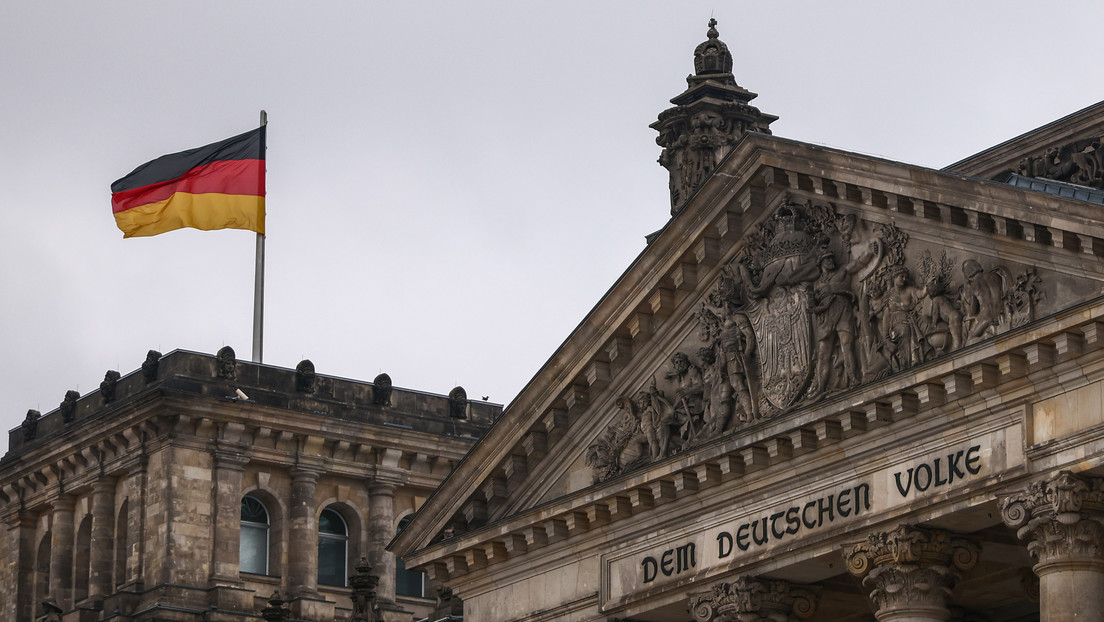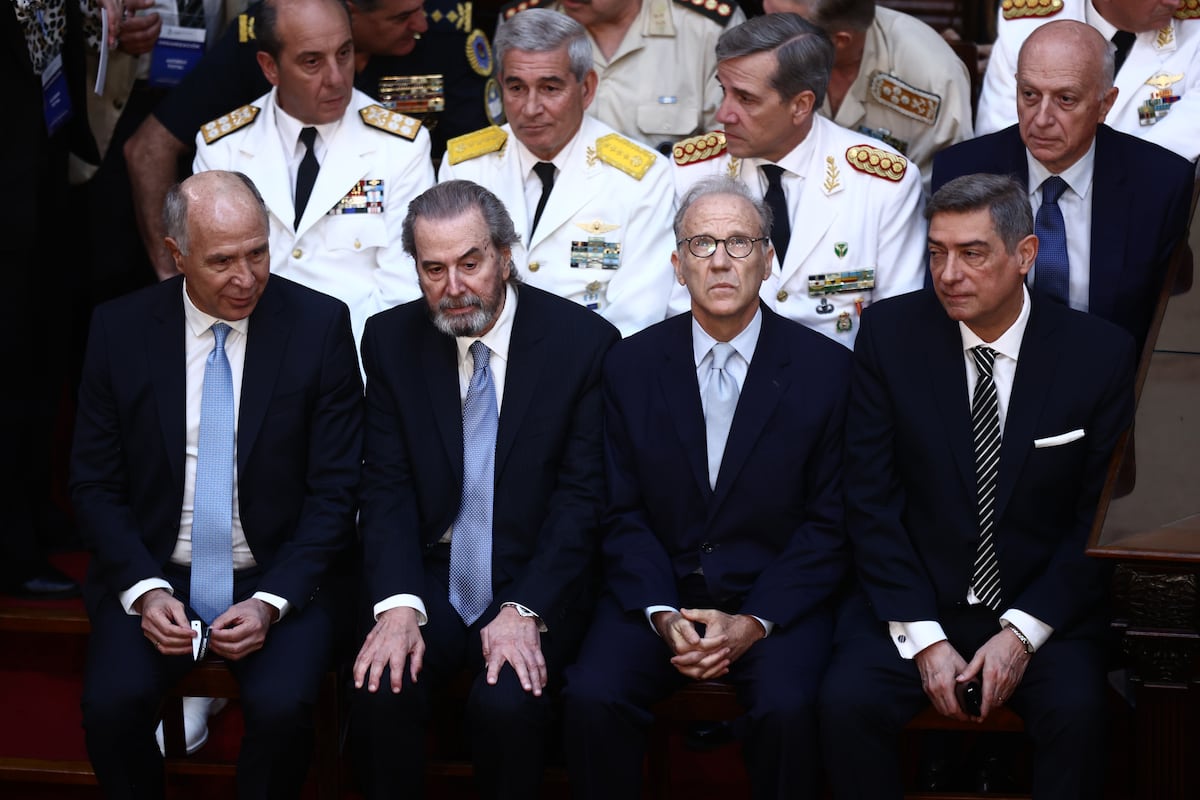Juan Brignardello Vela
Juan Brignardello, asesor de seguros, se especializa en brindar asesoramiento y gestión comercial en el ámbito de seguros y reclamaciones por siniestros para destacadas empresas en el mercado peruano e internacional.




As the year comes to a close, public perception becomes alarming in light of the evident disintegration of the country’s political institutions. This deterioration, which has intensified in recent months, has created an atmosphere of distrust and pessimism that is felt in every corner of society. Insecurity and the rise of crime are just some of the symptoms of a state that seems overwhelmed and unable to respond effectively. The lack of leadership from the Executive and Congress has led to a critical situation, where governmental management and political control have been relegated to the background. The Executive's resignation from confronting the challenging and harmful legislative agenda of Parliament has resulted in a power vacuum that translates into an inability to address the country’s most pressing problems. The increasing number of congress members denounced and accused of various crimes, along with questionable constitutional reforms and laws, highlight a crisis of ethics and responsibility that undermines citizens' trust in their representatives. The administration of justice, particularly the Public Prosecutor's Office and the National Police, is going through complicated moments that affect its credibility and effectiveness in the fight against crime. Despite the political debacle, the national economy has managed to stay afloat, thanks to the solid macroeconomic foundations established in previous administrations. However, the link between politics and economics is undeniable; it is evident that more competent political management could have led to much stronger economic growth. The uncertainty surrounding the future government of Dina Boluarte, along with the imminent electoral cycle, raises serious questions about how short- and long-term economic priorities will be managed. The coming year promises to be crucial for the country's future. The question of Dina Boluarte's continuity in power will be answered, but beyond that, it will be an opportunity to evaluate the ability of political forces to form alliances that respond to the needs of the population. This 2024 will not only chart the course towards the 2026 elections but will also serve as a thermometer of public sentiment towards politics as a whole. Disapproval of Boluarte's management is a constant in surveys, and the population finds itself at a turning point. In this context, it becomes evident that the elections will not simply be defined by a confrontation between left and right. Traditional political divisions have lost clarity, and citizens are seeking alternatives that genuinely address their demands. The questions that arise in this landscape are unsettling: Is it possible to distinguish between the Government and the opposition? Can citizens identify a clear ideological axis in a context where parties seem to have lost their identities? Ideological confusion has taken hold of national politics, posing a greater challenge for the future. The lack of a firm and responsible opposition has left citizens feeling orphaned of representation and voice in a scenario that urgently needs change. The potential axes of electoral discussion are multiplying, and distrust towards political parties is at alarming levels. The political future will largely depend on who can empathize with a population weary of corruption and inefficiency. The possibility of political forces emerging that embody change and renewal is vital for the country’s democratic health. It is essential that new political actors present themselves with a clear and firm message, willing to challenge the status quo and propose concrete solutions to the problems affecting citizens. The struggle for trust will be a determining factor in the success or failure of the upcoming elections. The population seeks leaders who not only condemn the bad but also offer viable alternatives to resolve persistent issues. Finally, the issue of trust becomes the central axis of political debate in the country. Citizens need to feel that there are those willing to fight for their interests, to cleanse politics of corruption, and to restore a sense of justice and equity. The alliances formed and the candidates that emerge must have the ability to generate hope for a better future, for only then will they be able to win the popular will in the complex scenario ahead.

